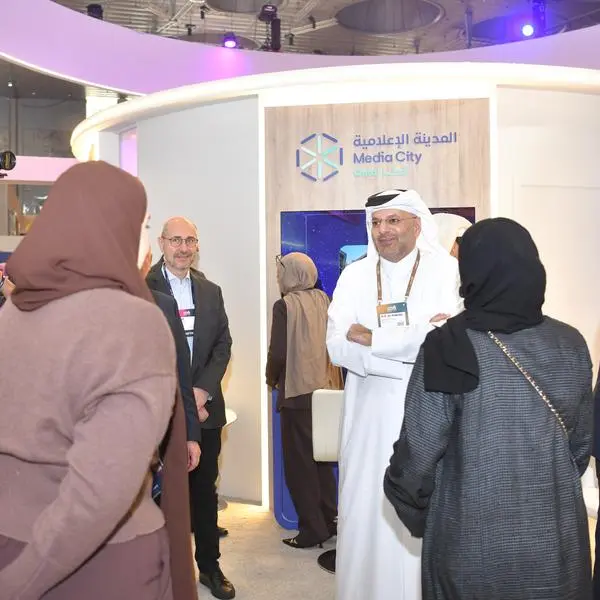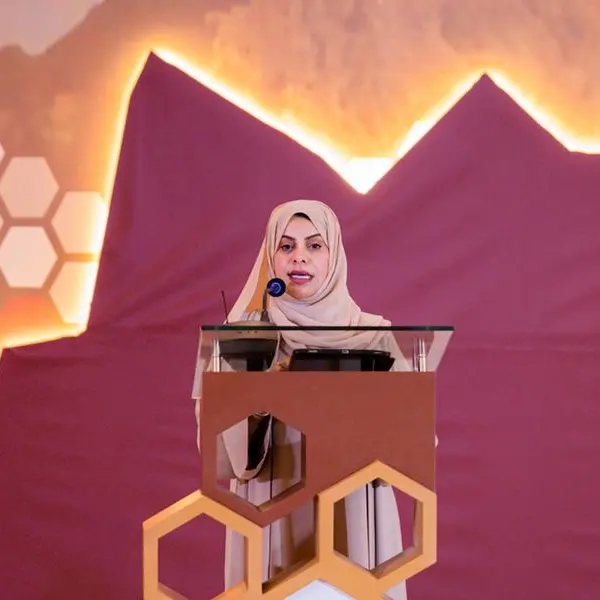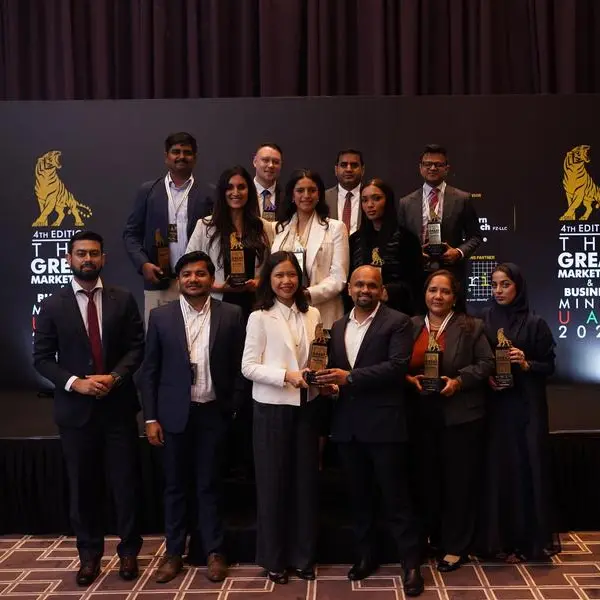Earth 2050 is an award-winning, interactive multimedia project that accumulates predictions about social and technological developments for the upcoming 30 years, with the aim of identifying global challenges for humanity and possible ways of solving these challenges. The website was launched in 2017 to mark Kaspersky Lab’s 20th birthday and comprises a rich variety of predictions, future scenarios and more, covering a wide range of topics.
Recently a number of new contributions are being added to the site. Among them Lord Martin Rees, the UK’s Astronomer Royal, Professor at Cambridge University and former President of the Royal Society; investor and entrepreneur Steven Hoffman, Peter Tatchell, human rights campaigner, as well as Dmitry Galov, security researcher and Alexey Malanov, malware analyst at Kaspersky Lab.
The new visions for 2050 consider, among other things:
- The replacement of mobile devices with direct connectivity through brain implants, powered by thought – able to upload skills and knowledge in return - and the impact of this on individual consciousness and privacy of thought
- The ability to transform all life at the genetic level through gene editing
- The potential impact of mistakes made by advanced machine-learning systems/AI
- The demise of current political systems and the rise of ‘citizen governments’, where ordinary people are co-opted to approve legislation
- The end of the techno-industrial age as the world runs out of fossil fuels, leading to economic and environmental devastation
- The end of industrial scale meat production, as most people become vegan and meat is cultured from biopsies taken from living, outdoor reared livestock
The hypothetical prediction for 2050 from Dmitry Galov, security researcher at Kaspersky Lab is as follows: “By 2050, our knowledge of how the brain works, and our ability to enhance or repair it is so advanced that being able to remember everything and learn new things at an outrageous speed has become commonplace. Most kids are fitted with the latest memory boosting implants to support their learning and this makes education easier than it has ever been. Brain damage as a result of head injury is easily repaired; memory loss is no longer a medical condition, and people suffering from mental illnesses, such as depression, are quickly cured. The technologies that underpin this have existed in some form since the late 2010s. Memory implants are in fact a natural progression from the connected deep brain stimulation implants of 2018.
“But every technology has another side – a dark side. In 2050, the medical, social and economic impact of memory boosting implants are significant, but they are also vulnerable to exploitation and cyber-abuse. New threats that have appeared in the last decade include the mass manipulation of groups through implanted or erased memories of political events or conflicts, and even the creation of ‘human botnets’. These botnets connect people’s brains into a network of agents controlled and operated by cybercriminals, without the knowledge of the victims themselves. Repurposed cyberthreats from previous decades are targeting the memories of world leaders for cyber-espionage, as well as those of celebrities, ordinary people and businesses with the aim of memory theft, deletion of or ‘locking’ of memories (for example, in return for a ransom). This landscape is only possible because, in the late 2010s when the technologies began to evolve, the potential future security vulnerabilities were not considered a priority, and the various players: healthcare, security, policy makers and more, didn’t come together to understand and address future risks.”
For more information and the full suite of inspirational and thought provoking predictions, visit Earth 2050.
-Ends-
About Kaspersky Lab
Kaspersky Lab is a global cybersecurity company celebrating its 21 year anniversary in 2018. Kaspersky Lab’s deep threat intelligence and security expertise is constantly transforming into next generation security solutions and services to protect businesses, critical infrastructure, governments and consumers around the globe. The company’s comprehensive security portfolio includes leading endpoint protection and a number of specialized security solutions and services to fight sophisticated and evolving digital threats. Over 400 million users are protected by Kaspersky Lab technologies and we help 270,000 corporate clients protect what matters most to them. Learn more at www.kaspersky.com.
Follow us
For further information please contact:
Yahya Munir,
Senior Account Executive, Golin, Dubai:
+971 50 396 8081
KasperskyTeam@golin.ae
Disclaimer: The contents of this press release was provided from an external third party provider. This website is not responsible for, and does not control, such external content. This content is provided on an “as is” and “as available” basis and has not been edited in any way. Neither this website nor our affiliates guarantee the accuracy of or endorse the views or opinions expressed in this press release.
The press release is provided for informational purposes only. The content does not provide tax, legal or investment advice or opinion regarding the suitability, value or profitability of any particular security, portfolio or investment strategy. Neither this website nor our affiliates shall be liable for any errors or inaccuracies in the content, or for any actions taken by you in reliance thereon. You expressly agree that your use of the information within this article is at your sole risk.
To the fullest extent permitted by applicable law, this website, its parent company, its subsidiaries, its affiliates and the respective shareholders, directors, officers, employees, agents, advertisers, content providers and licensors will not be liable (jointly or severally) to you for any direct, indirect, consequential, special, incidental, punitive or exemplary damages, including without limitation, lost profits, lost savings and lost revenues, whether in negligence, tort, contract or any other theory of liability, even if the parties have been advised of the possibility or could have foreseen any such damages.



















